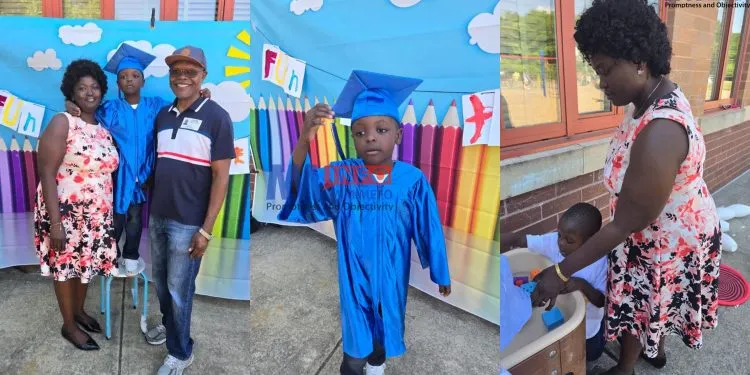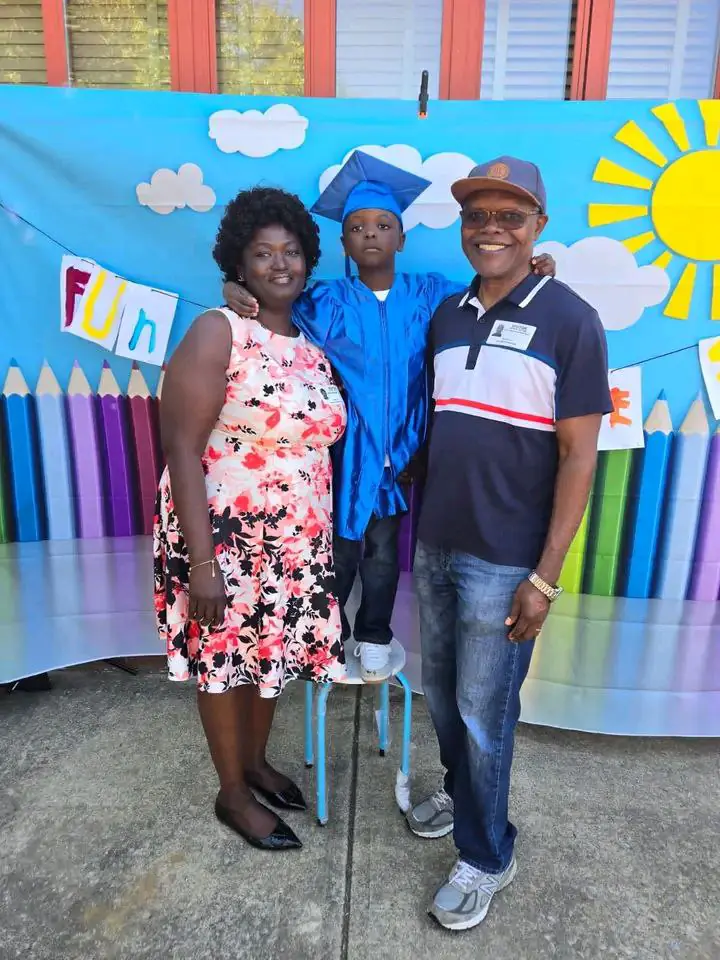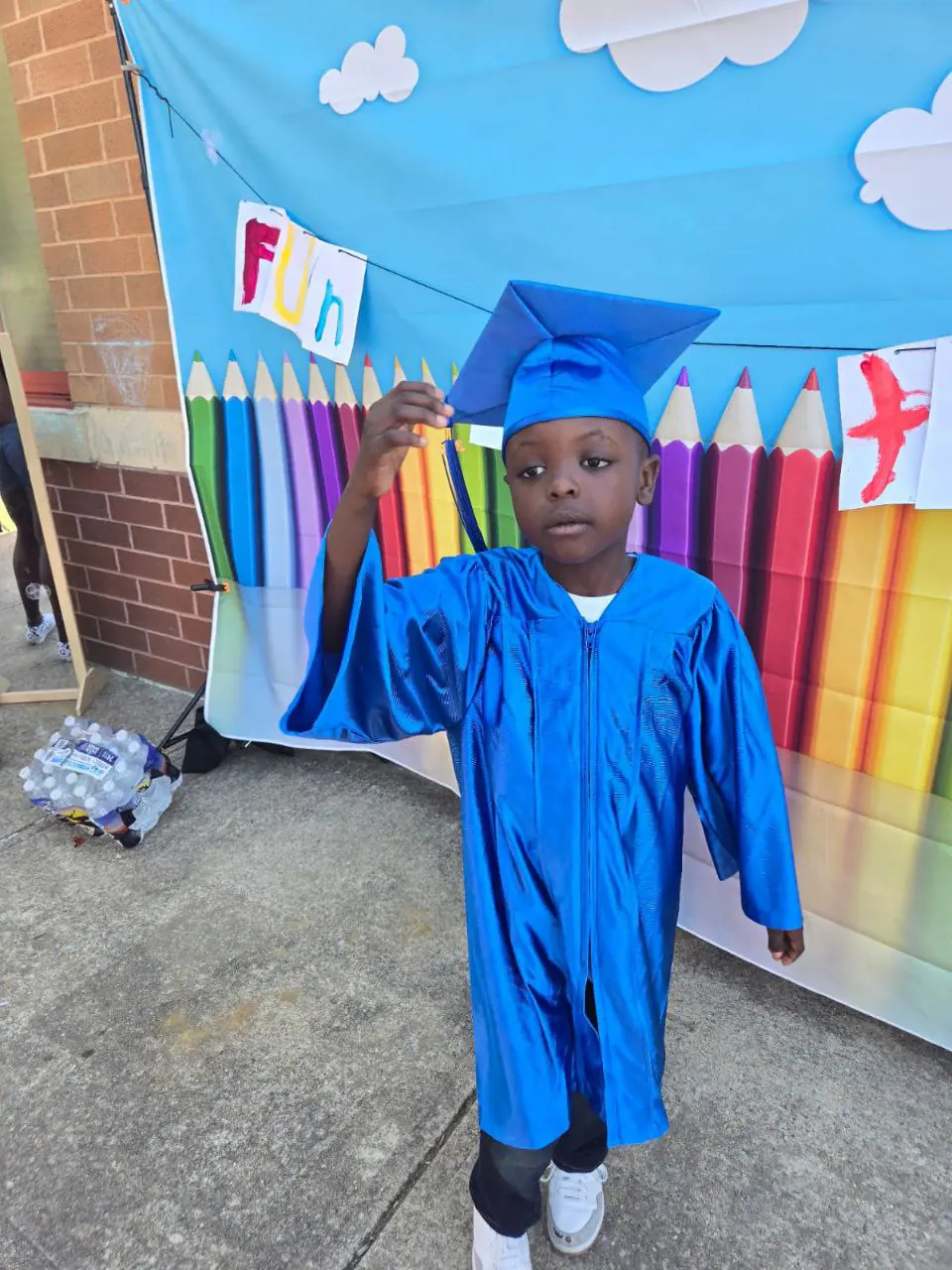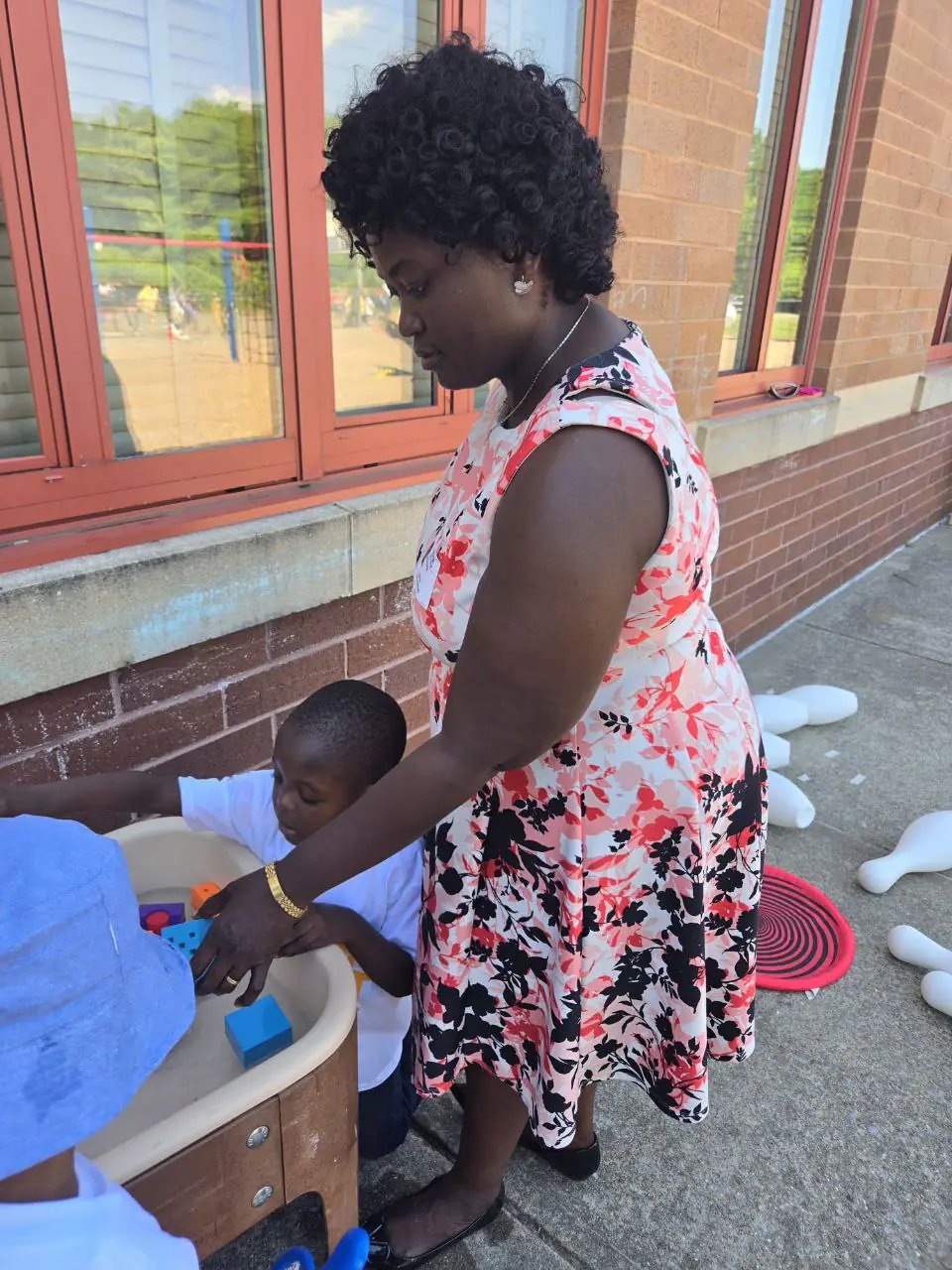Five years ago, Ayukmanyi Ayuk Tanyi and his wife, Mah Atanga, living in Maryland, USA, welcomed their youngest son, Patrick. The birth of Patrick brought immense joy to the family. However, after Patrick’s first birthday, they noticed something unusual about him. The once playful and responsive child became reserved and unresponsive to his name. Concerned, his mother consulted a doctor and it was confirmed that he had autism.
The diagnosis revealed that Patrick was suffering from autism, “a complicated, lifelong condition that includes problems with communication and behavior.” Experts describe autism as “a spectrum disorder, which means it affects people in different ways and to varying degrees and usually appears by age 2 or 3.”
Initially, the parents struggled to accept the diagnosis. “I couldn’t accept it,” said Mah Atanga. “Acceptance is one thing we’re struggling with.” However, after extensive therapy, they came to terms with Patrick’s condition. For four years, Patrick was unable to communicate verbally, a situation that demanded significant attention and care from his parents.
“It was not easy. I had to stop working; it was so difficult for my husband and I,” Mah Atanga said. According to Ayukmanyi Ayuk Tanyi, Patrick stopped reacting, playing, maintaining eye contact, or recognizing danger. “He masters very few words and is so distracted and sensitive to noise; however, the situation is much different now,” they shared.
Patrick began school at age three, a bit later due to the challenges posed by his condition.
Thanks to the dedication of various therapists, he is now coping well in school. His parents made sure to involve him in social activities like birthday celebrations and church to encourage interaction with other children.
“He is doing so well in school,” said his father. Despite Patrick’s high IQ prompting suggestions to advance him to a senior class, his parents opted for a customised curriculum to meet his special needs.
“But we turned down the idea, and a curriculum was designed to fit him in that class since he is a child with special needs,” Ayukmanyi Ayuk Tanyi said.
Creating a Centre in Kumba to Support Autism Awareness
At first, Patrick’s parents were skeptical about the potential of managing such a disability. When their child was first diagnosed, people said they should not take the child to the hospital which would lead to the child’s medical record being included in the US system, which would make it difficult for him to get a job when he grows up. In the face of advice to avoid hospitals and pursue traditional rites in Cameroon, they chose professional intervention, which ultimately proved effective. “It is a situation that is redeemable,” they told MMI.
Recognizing the struggles of their community back home, where autism is often misunderstood and attributed to witchcraft, Ayukmanyi Ayuk Tanyi and Mah Atanga have taken significant steps to help.
“My wife and I, after going through this, remember our people back at home who often seek a solution to the child’s problem through ‘ngambe’, a situation that even educated people do not understand,” said Ayukmanyi Ayuk Tanyi.
They established the “Patrick Center for Children with Autism and Special Needs” in Kumba, Southwest Cameroon. The center aims to raise awareness, educate communities, and provide support for children with autism.
Through the “Hopeful Heart Association,” created to support the center’s development, Patrick’s parents hope to help many families. They stress the importance of acceptance and avoiding stigmatisation when a child is diagnosed with autism.
With autism, there is no injection or tablet, only therapy. However, since these kinds of treatments are not common in Cameroon, many turn to attributing the condition to something else, especially as its causes are still unknown.
By offering therapy and support, they aim to prevent the neglect and misattribution of medical conditions to supernatural causes, which has led to many wasted lives.






